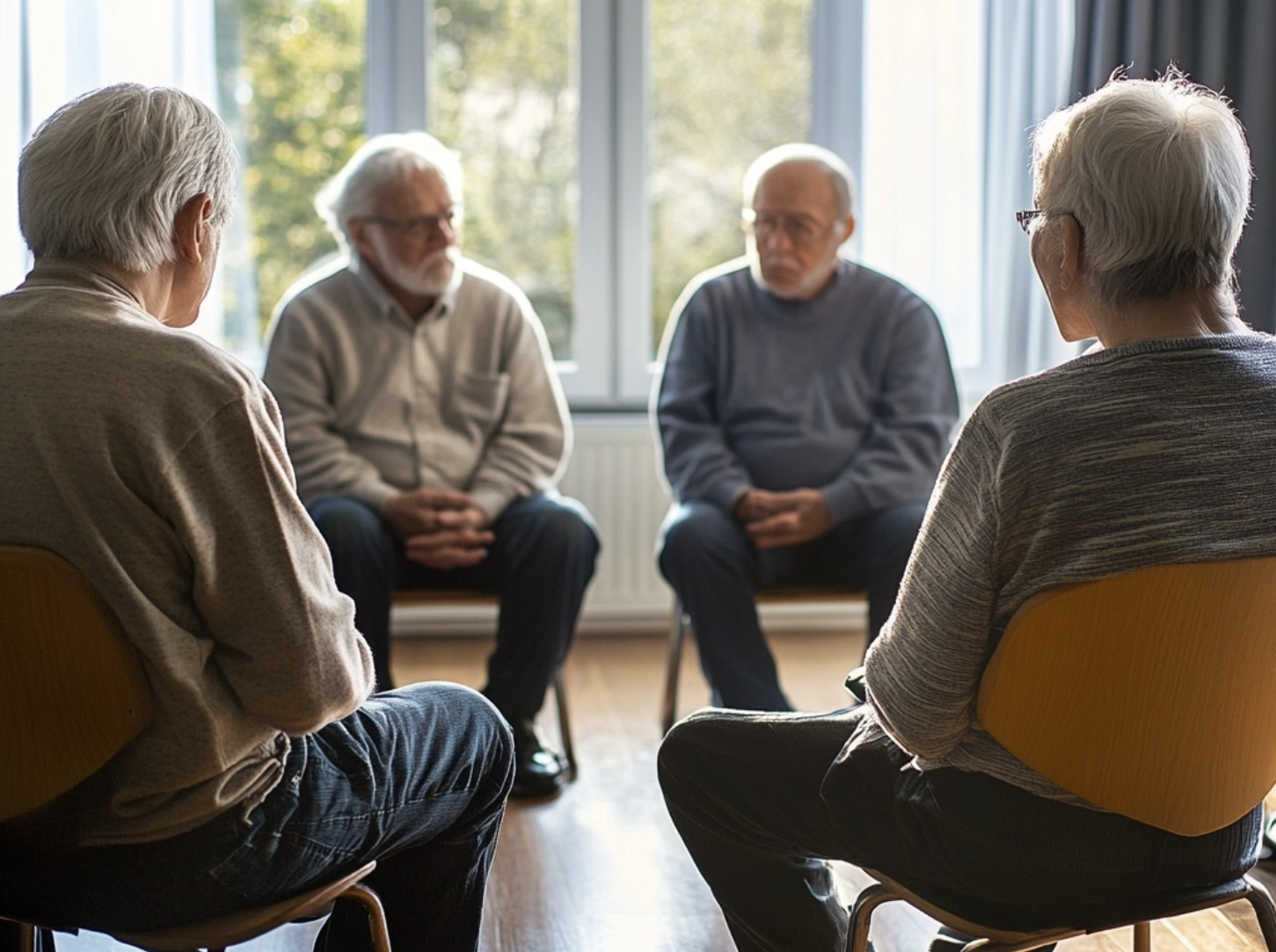Depression is the leading mental illness among seniors and handicapped people. It generally doesn’t hit suddenly or overnight and can sometimes go unnoticed by family members that are around on a daily basis.
People seldom notice depression in themselves and often try to hide the depression from others. If you or your senior family member has recently encountered a loss due to death or a recent surgical procedure, depression is very possible. Other symptoms include:
- Changed eating habits
- Lost interest in old friends or hobbies
- Unwillingness to discuss feelings
- Change in sleeping habits
- Excessive sleep
- General physical discomfort
- Irritability
- Other personality changes
If you or your senior family member has regular or long term experience with any of the above symptoms, you should take action now.
Depression isn’t just feeling blue. It is a physical imbalance that requires immediate attention that may require both medical and/or counseling intervention. Often brought on by life events, depression is serious but very treatable.
Depression is a very serious issue that is more prevalent than most people imagine. If you suspect depression, you should contact your family physician as soon as possible. He/she will generally refer you to a psychologist or psychiatrist for further evaluation.
Even though your family physician will not generally get involved in the diagnosis, it is important that they are involved. They can give important information and further understanding to the psychologist and it will also be important that your physician know of any treatment that is prescribed by a psychiatrist.












